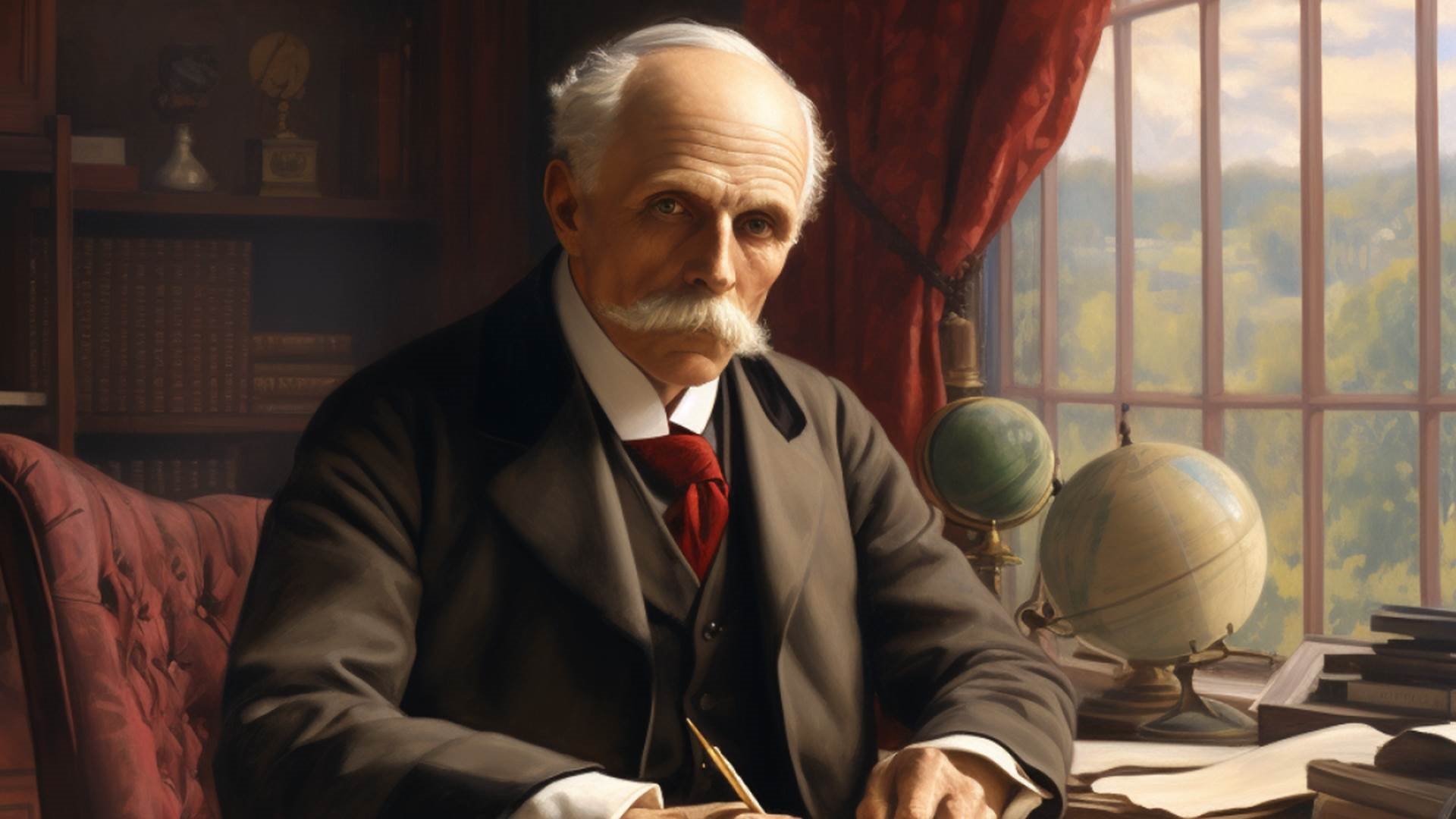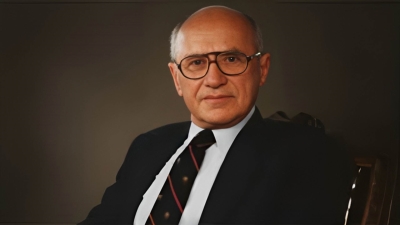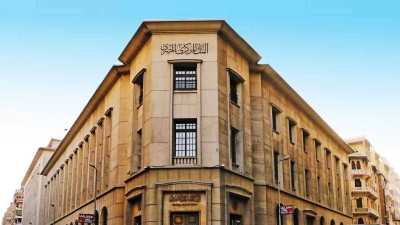Alfred Marshall one of the pioneers of modern economics
Mai El-Kafoury

British economist Alfred Marshall is one of the founders of modern economics and professor of political economics at the University of Oxford.
He was born in 1842 in Britain, Alfred Marshall grew up in Clapham, London. His father worked as a bank trustee, educated at Taylor High School and had a passion for math at that point. After completing high school, he went to the university and specialized in mathematics, but did not stay long, moveing on to the study of philosophy, and eventually choosing the study of economics. Alfred read numerous books of classical economists, specifically the global economist Adam Smith.
Marshall held several positions during his struggle journey; He became a Professor of Political Economics for two years at the University of Oxford's Balliol College, then attended Cambridge University and taught political economics in it for more than 20 years. Many prominent economists learned from him, the most famous of them British economist John Maynard Keynes.
In addition, Alfred Marshall left behind some unique books, which has added to the economy so far, most notably at all the book "Principles of Economics", which has been studied in England for a long time, as well as the books, “Industry and Trade”, “Money, Credit, and Commerce”. Although he wrote a few books, he made a prominent impact on modern economics.
Furthermore, Marshall explained many economic concepts, which were vague to many, which added to the economy, such as marginal utility, price elasticity of demand and how to determine prices, through supply and demand, based on the fact that they are the pillars, which are indispensable to markets. Alfred Marshall worked on linking classical school to Neoclassicism through many theories, such as value theory.
Alfred Marshall left the world in 1924 at the age of over 80 in Cambridge.













